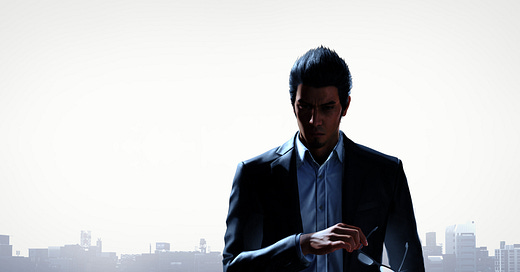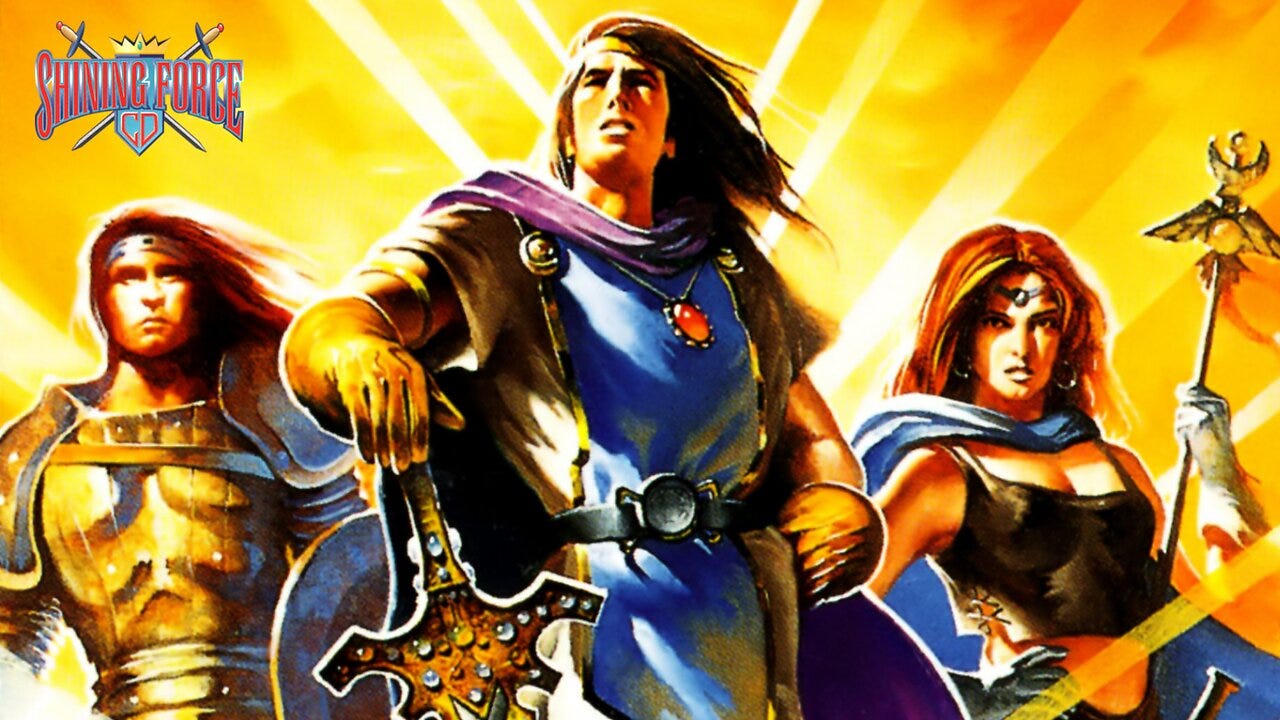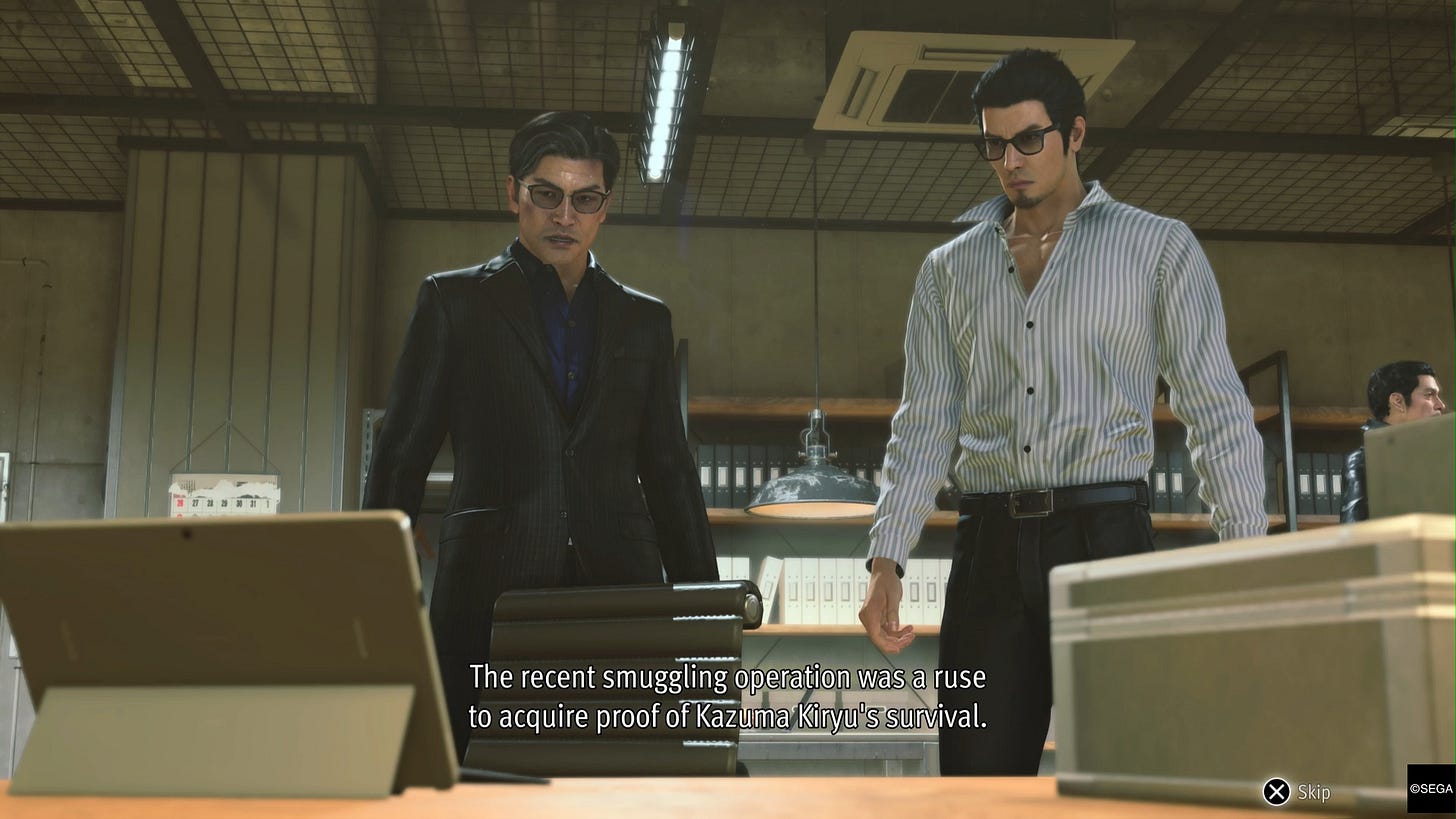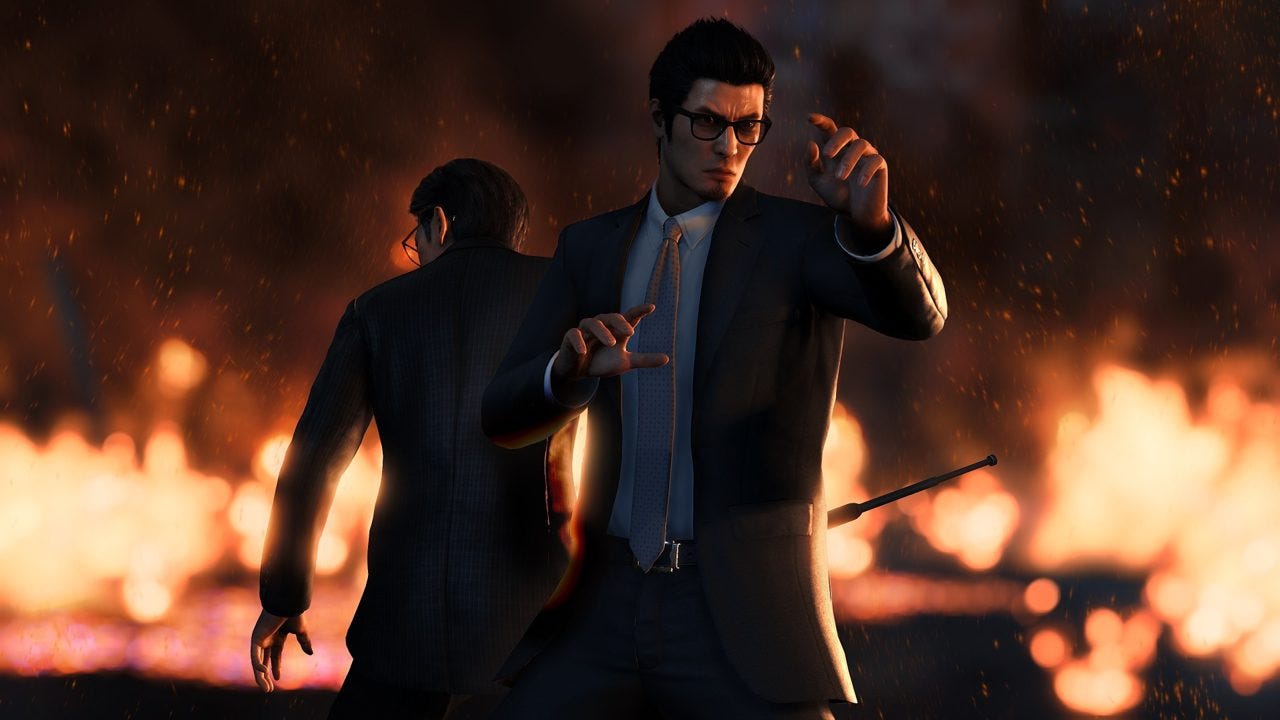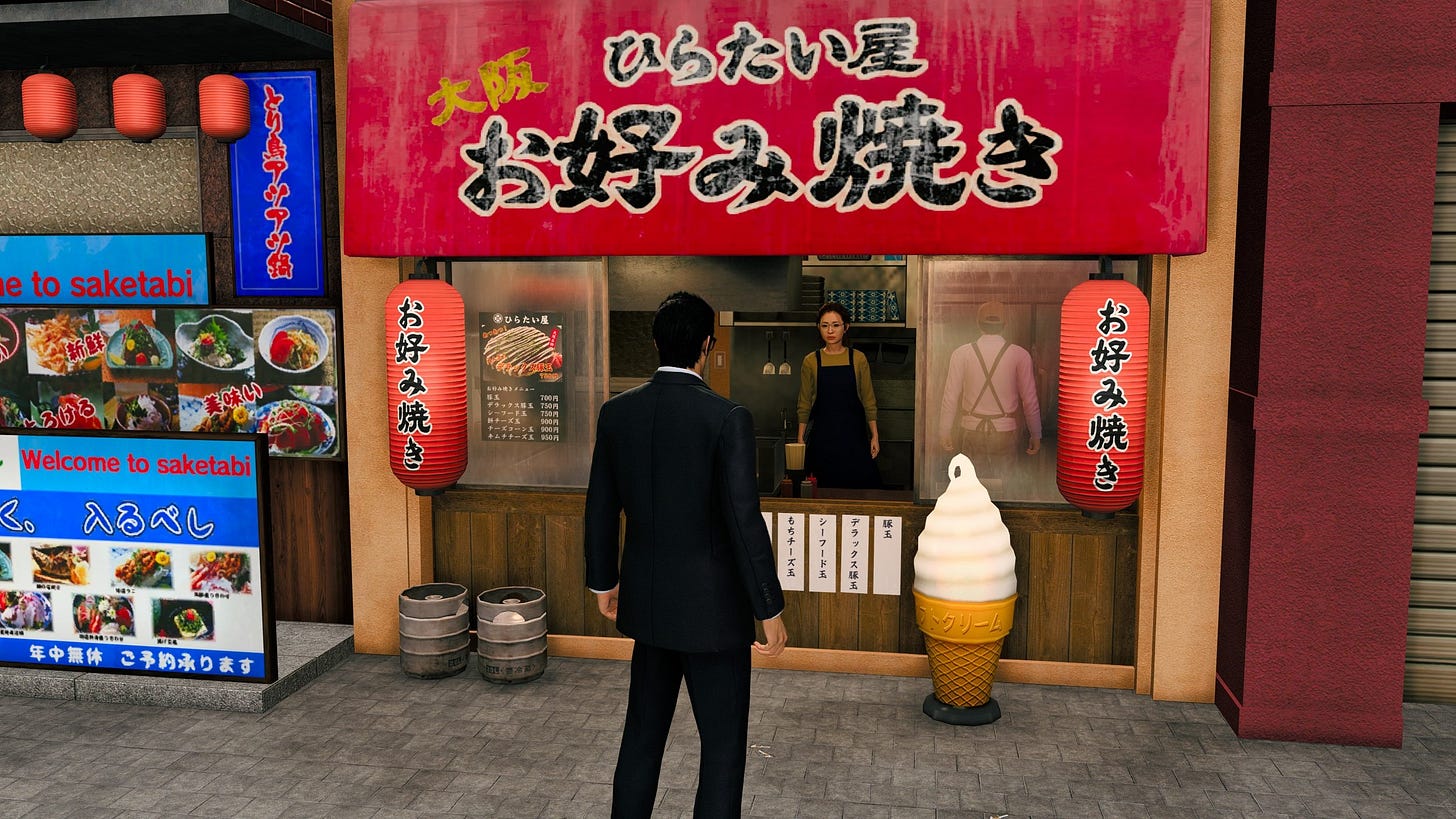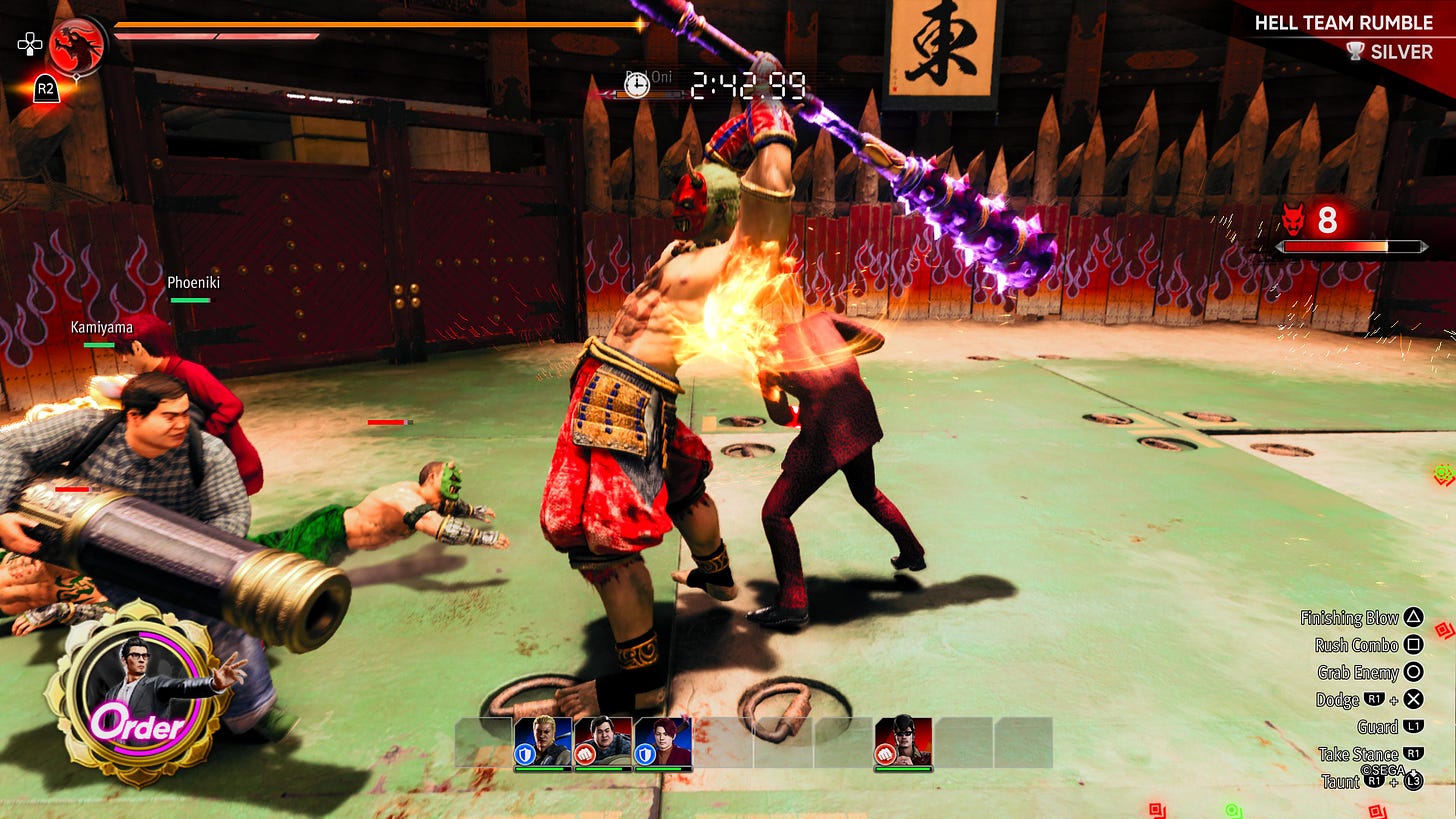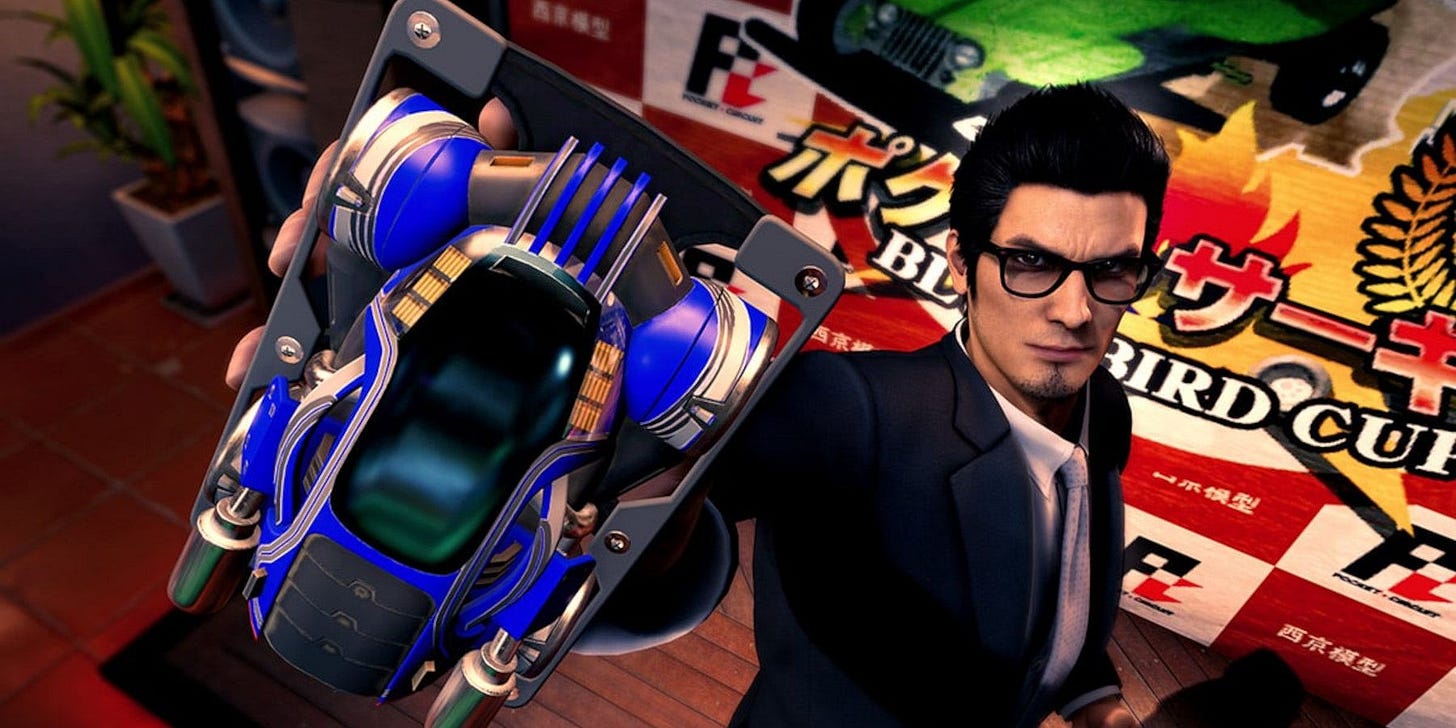Like a Dragon Gaiden, or how Kiryu couldn't be erased
Developer: Sega - Ryu ga Gotoku Studio
Publisher: Sega
Director: Ryosuke Horii
Scenario writers: Tsuyoshi Furuta, Masayoshi Yokoyama
Soundtrack: Chihiro Aoki, Yuri Fukuda, Keitarou Hanada, Saori Yoshida, Hideaki Kobayashi, Shunsuke Minami
Genre: Action RPG with brawler-style combat
Progression: Linear, with plenty of optional contents, side quests and mini games
Country: Japan
Platform: PS4, PS5, XBO, XSX, PC
Release Date: 9\11\2023
Status: Completed on 6\12\2024
*SPOILER ALERT: While this review won’t go into a detailed analysis of Gaiden’s story beats, it’s also true that its themes, and their connections with Infinite Wealth, will be discussed in a way that can surely be considered as a spoiler, including mentioning part of Gaiden’s ending. Some core events of Yakuza: Like a Dragon and Yakuza 6 are also mentioned.*
Sega’s marketing for its Yakuza franchise has been a rollercoaster in terms of how they tried to represent its contents, both in terms of its tone and systems: I still remember how, back in 2004, Sega tried to portray the first entry in the franchise as some sort of Japanese GTA while ironically, at the same time, some Sega fans, still regretful over Dreamcast’s untimely demise, discussed it like if it was the second coming of Shenmue. Obviously, Kazuma Kiryu’s adventures had nothing to do with any of that and, despite having a spotty localization record until much later, when Yakuza 0 finally made the franchise popular enough to warrant timely localizations, the series was able to build into its own peculiar subgenre, mixing 3D brawler, simulation, action-JRPG and cinematic drama mixed with absurdist side content.
Then, despite its newfound success, the Ryu Ga Gotoku team choose to celebrate its seventh entry with one of the riskiest gambles seen in the JRPG space by not just changing its historical protagonist, Kazuma Kiryu, so far the face of the franchise outside of two PSP spinoffs, but also making it into a turn based JRPG, reversing the much-bemoaned opposite turn based-to-action trend seen over the years in some other JRPG franchises like Sega's own Shining Force and Phantasy Star, not to mention a number of other franchises.
While Ichiban's debut in Yakuza: Like a Dragon was a resounding success, the series' previous audience still craved for the peculiar brawlers only the Ryu ga Gotoku team could provide, a need that was met at first with two spinoffs, the Judgment series, set in the same continuity but with a focus on investigations rather than crime stories. With Like a Dragon: Infinite Wealth looming on the horizon and Kazuma Kiryu still as popular as ever despite Ichiban taking over the protagonist's seat, the series expanded to a Gaiden, or side story, entry, focused on Kiryu's life between the end of Yakuza 6, when he faked his death and joined the mysterious, politics-driven Daidoji group, later working with Ichiban during the Great Yakuza Dissolution that saw the end of the Tojo Clan and the Omi Alliance, and preparing Infinite Wealth’s own events.
When Like a Dragon Gaiden: The Man Who Erases Himself was released in late 2023, it also was the last in a long line of Gaiden-branded entries featured in Sega's JRPG series since the '90s, when Phantasy Star 3 got a number of side-story Gaiden scenarios released on the futuristic Japan-exclusive Megamodem digital delivery platform and Shining Force got its own side entries on Game Gear (whose development was assisted by Rits, a team staffed by some ex-Artec developers which previously worked on Digan no Maseki), later combined for a joint release on Mega CD.
Like a Dragon Gaiden was also the second directorial effort of Ryosuke Horii, a key member of the Ryu ga Gotoku team who, for a long time, worked alongside series creator Nagoshi as the lead for the series’ side content, which, for a series like Yakuza, is actually a huge responsibility, since the tonal differences between the main stories and the various side events and mini games featured during Kiryu and Ichiban’s adventures have been one of the franchise’s biggest strenghts and identifying traits. It’s no wonder then, that Horii, which in a way always acted as a shadow-director, ended up succeeding Nagoshi in his leading role for the new wave of main titles developed after Yakuza 6.
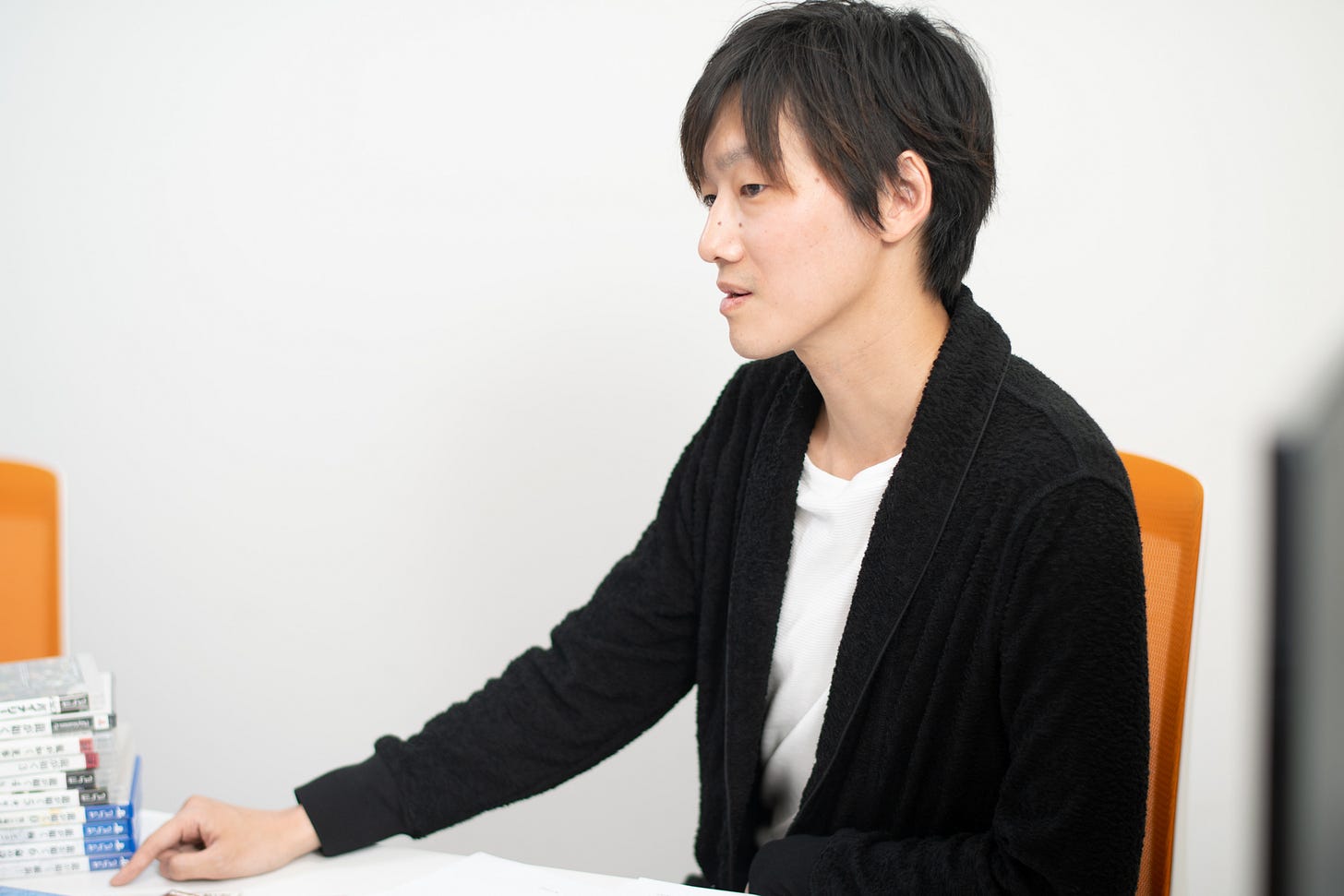
Despite being both set and released before Infinite Wealth, it’s also important to consider how Gaiden was actually developed when Infinite Wealth’s own cycle was in its later stages, meaning that its own story and tone could be tuned to work well with Infinite Wealth’s, much more than Infinite Wealth itself could work (or cared to) with Gaiden’s original elements in order to directly build on them. Instead, some of Gaiden’s own plot points could very well foreshadow plot twists we still have to experience, in a future entry still to be announced.
While Like a Dragon: Gaiden’s side-story status and lower profile development, also behind the choice to release it as a digital-only title in the Western markets, definitely impacted the sheer quantity of contents available during the game, especially compared with the absolutely humongous amount of side activities Horii and his team included in Like a Dragon, or in Infinite Wealth just a few months later, Kiryu’s last solo adventure still has quite a respectable length, having him briefly visit Like a Dragon’s Ijincho before finally settling for Osaka’s Sotenbori, where he will unveil a conspiracy related to the Daidoji group, his own handler, Hanawa, not to mention the fractured Omi Alliance and some of its families, preparing in very different ways for the upcoming Dissolution of the Japanese Yakuza we already experienced during Like a Dragon’s events.
While Gaiden’s story provides plenty of twists related to its factions, their relationships and the way different characters cope with the end of the Japanese underworld and with the prospect of having to rethink their lives and their own identities, with some later twists possibly referencing future events set well after Infinite Wealth, not to mention some rather bizarre choices like developing Hanawa’s character and hyping up some revelation about his ties to Kiryu (with the best clue actually being a meta one, related to his voice actor) while already knowing Infinite Wealth wouldn’t follow in that direction, which is even more striking considering how Furuta and Yokoyama worked on both games’ scenarios, Gaiden ultimately is all about Kiryu.
Even when spending most of the game pretending he is someone else and predictably failing since, as the series has shown plenty of times, he was never good at lying, the one he’s trying to fool the most could actually be himself. After having foiled countless plots, renounced his underworld roots and his own name and, in the end, the very existence of the Tojo Clan, who, exactly, is Kiryu?
The answer, ultimately, could be much more intimate and simple than Kiryu’s stoic, valiant, virile demeanor had led us to believe for no less than two decades, showing he may be actually great at fooling people, provided he also deceives himself. The player, having followed his journey for so long, is also tasked to oversee his path to self knowledge in a variety of ways, one being the surprising chance to actually choose Kiryu’s answer not for some crazy subevent, but for a very meaningful question about forgiveness after an ally lied him about the nature of a mission, which calls into question how Kiryu’s values may have changed and if the players themselves, indeed, are ready to accept his shift. The game doesn’t punish you for refusing to forgive, or indeed for choosing forgiveness, but it does ask the player to help Kiryu gain some clarity regarding his own internal turmoil, an implicit breaking of the fourth wall that greatly surprised me.
Then you have the ending, where, even without spoiling the finer details, Kiryu’s decades-old facade crashes down in such an unexpectedly emotional and genuine way when faced with what truly matters to him, that it ends up elevating him even higher as a character and as a person, showing who actually has his loyalty, what truly defines him and who he could have been if his life hadn’t been destroyed forever when Kazama killed his parents and took him under his wings, so long ago.
His wish seems to be simple and mundane, contrasting the complex storylines and convoluted plot twists the series has offered throughout the decades: Kiryu longs to be a father figure, wishing for the warmth of a family he can only protect by never seeing it again, bound to love his children from a distance, as a dead man walking under a new guise, knowing they could slowly forget him, desperately clinging to the moments he spent with them and finally admitting it was him needing them all along, because they’re the only ones giving his life purpose in a world that has used him since he himself was a child, only to toss him away alongside all he stood for. It’s only fitting, then, that Gaiden ends with Kiryu travelling abroad for the first time in order to commemorate the marriage he could never had with a woman he could never properly love, trying to reclaim some vestige of the life that was stolen from him so long ago, a life made of simple, basic, and yet so important things this hero could never experience.
While before Gaiden Kiryu always proudly acted as the world expected the legendary Dragon of Dojima to do, after its events I felt he acknowledged how his persona had become someone else, an independent entity forcing him to live a life that wasn’t actually meant for him, almost a curse burdening the real Kiryu, which was there, buried under all those layers of heroism, crying and suffering while we cheered him on and led him to new fights when he kept getting drawn to the Yakuza’s mess while trying to build his own family at the orphanage in Yakuza 3 and 4, while attempting to hide and rebuild in Yakuza 5, then in Yakuza 6 when he lost his previous life to protect what he loved most and, again, when he stole the show during the Dissolution arc in Like a Dragon.
Even if he will still have to face his outsized fame in Infinite Wealth, set some years after Gaiden, by then he will be a different man, more at peace with himself and focused on the role he actually choose for himself, to the point of having his fatherly empathy becoming his main drive, even when put into a completely different context of Hawaiian factional intrigues and redemption for lost yakuza footsoldiers. Maybe it was acknowledging his true nature after Gaiden that allowed him to gain Ichiban’s “heroic vision” in Infinite Wealth, despite being hailed as an hero for most of his life, an amusing twist that, while obviously motivated by very real gameplay needs rather than any deep psychological reasoning, actually made a lot of sense when I played Infinite Wealth soon after Gaiden. In the end, he was actually the best liar, and he had me totally fooled.
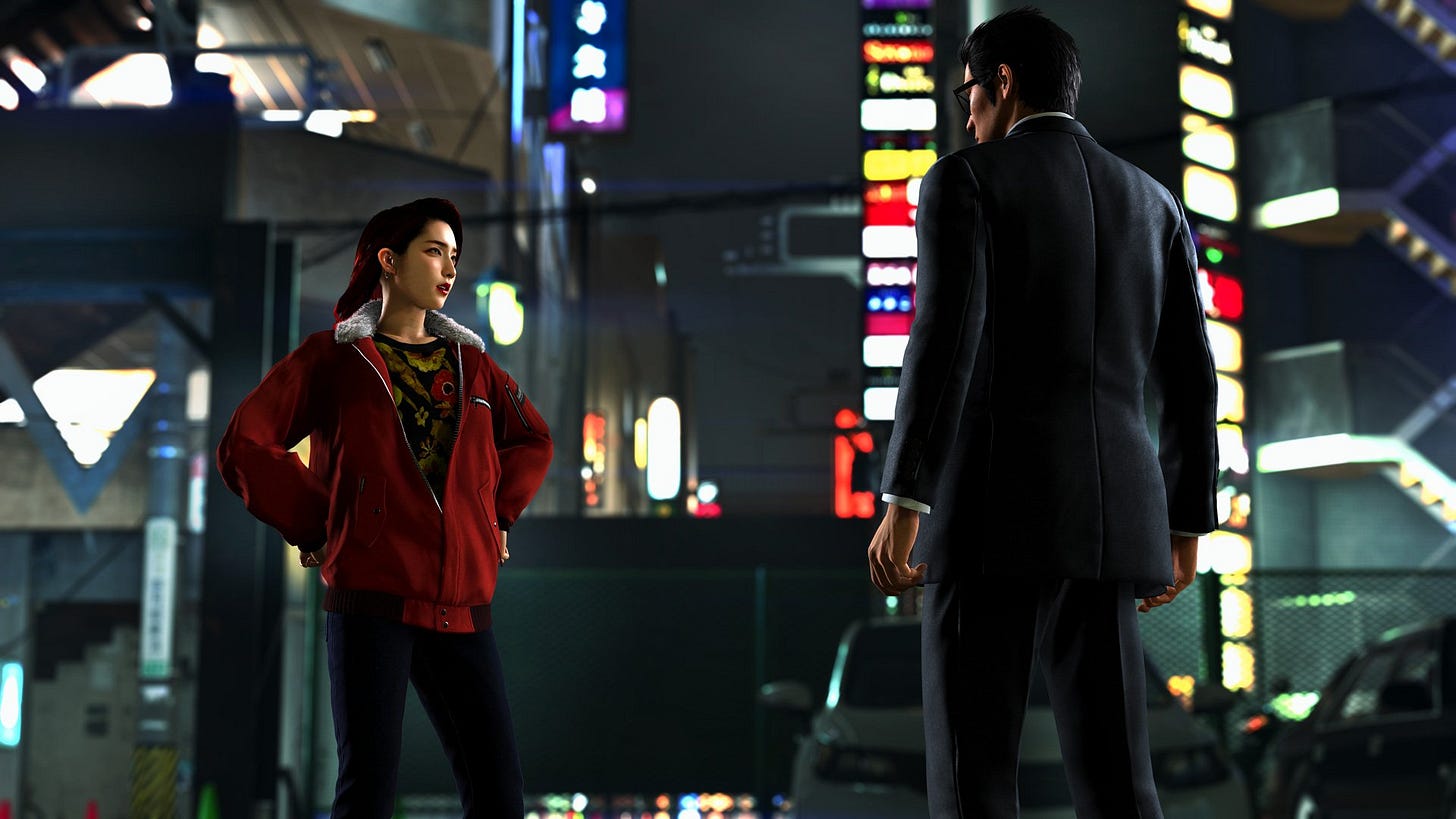
If the game ends up being a character development masterclass and sports its own decent story, the series’ trademark side activities are still there, this time mostly linked to Akame, a young woman harnessing Sotenbori’s homeless as intel purveyors, and her eponymous Akame Network. Homelessness, a theme that the series covered since its very first entry with the Florist of Sai, who similarly used Kamurocho’s downtrodden as informants, here returns with a few new twists, like an outcast Omi Alliance family imprisoning forcing Sotenbori’s homeless to live in horrifying, cramped apartments in order to profit from their social security quota, but there is also another very relevant subquest featuring an orphanage, that will see Kiryu question Kazama’s role with a clarity never shown before, not to mention a funny investigation which sees Kiryu working together with Judgment’s Kaito, on mission for the Yagami detective agency after being featured as the main character of Lost Judgment’s DLC scenario.
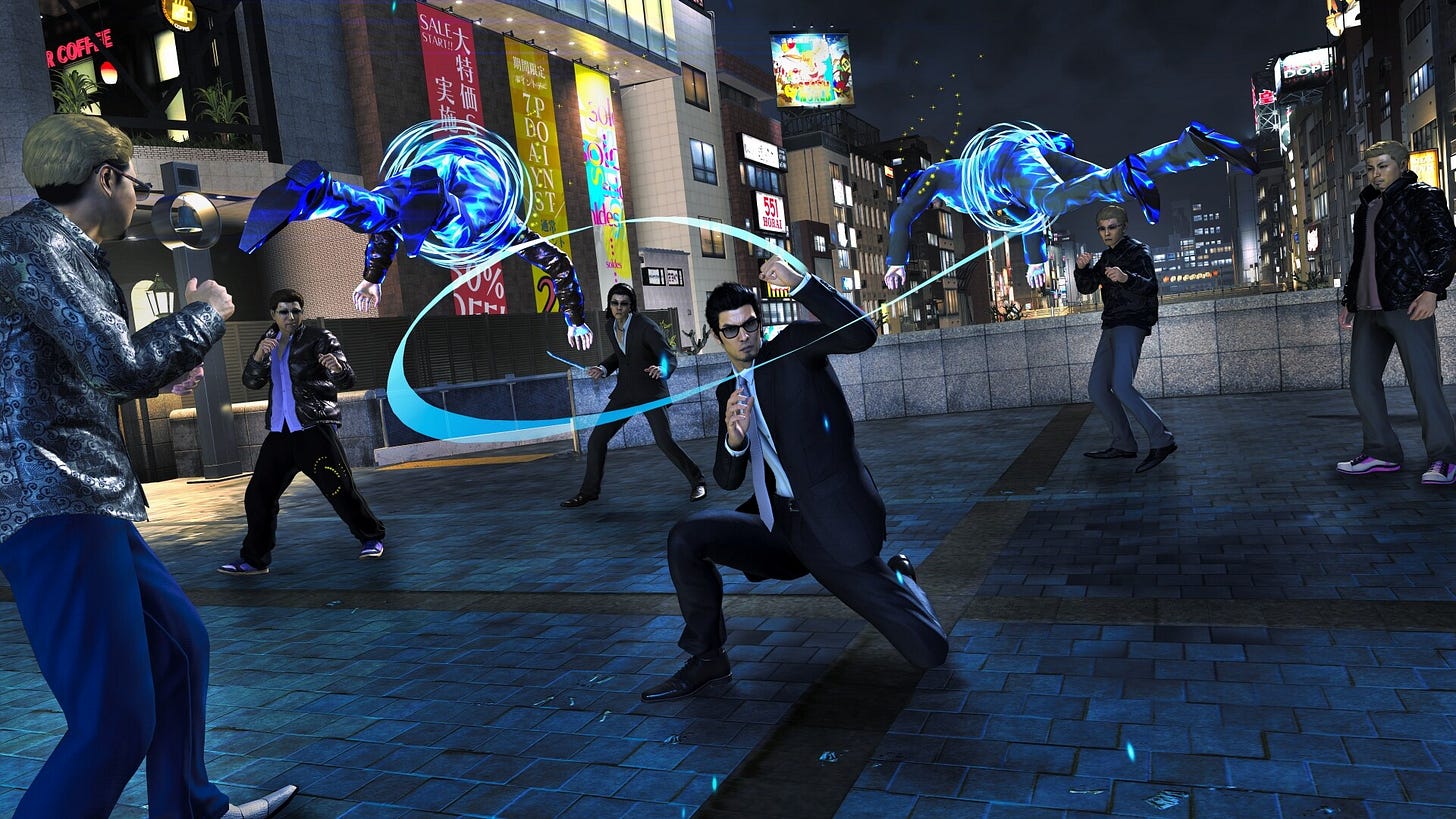
Not that the game doesn’t feature Yakuza’s trademark craziness: aside from lots of funny side events, Kiryu himself has learned to use the Daidoji faction’s fighting style, the Agent style, which is a sort of 007 parody featuring positively bizarre, openly parodistic gadgets like mini-drone swarms, explosive cigarettes, rocket shoes and a sort of laso-web thrower that ends up making even regular fights feel very different, complementing a combat system that, on its own, could have felt a bit stale if it ended up being mostly focused on Kiryu’s other fighting style, the Yakuza one, featuring a variety of moves mixing his traditional movesets.
After tackling the first few chapters, Kiryu will also visit a giant container ship acting as a sort of illegal, seabound Las Vegas-cum-Coliseum, ran by a madman Omi Alliance captain that oversees his own fighting arena. Needless to say, Kiryu will have to participate in the arena fights both during the story and in the game’s side content, including some rather dramatic reenactment of his own historical duels, re-experienced this time as a mysterious fighter hiding his identity while imitating his own past self for the coliseum’s profligate audience, another nod to the ongoing separation between Kiryu and the Dragon of Dojima’s now almost mythical figure, and another chance to revisit his past and come to terms with it.
Kiryu will also end up organizing his own cadre of fighters, including some unexpected returning characters, to lead into group battles that can go up to ten, which use the game’s own combat system instead of providing a different set of systems with their own quirks, like Yakuza 6’s Clan Creator or Infinite Wealth’s hilarious Sujimon battles. Happily, especially considering how useful they are for farming money, Gaiden does end up featuring some of the funniest arena fights in the series, including a Tiger Mask-like plotline that will put Kiryu against the Coliseum’s Kings, unexpectedly connected to the series’ trademark Amon clan.
When you consider the usual slew of arcade games, the Master System casually available in the Daidoji Faction hideout (knowing they have to play Alex Kidd between missions, one can almost excuse them for being a bitter, shady organization) and the return of Sotenbori’s own Pocket Circuit racing avenue, this supposedly content-light entry in the Ryu ga Gotoku franchise ends up being actually quite respectable in this regard, too.
Rather, it’s just that this game is so personal, so focused on Kiryu’s own growth, which foreshadows the veritable avalanche of self-reflection opportunities he will end up having in Infinite Wealth, with no less than two game system focused on coming to terms with Kiryu’s life, Memoirs of a Dragon and Life Links, that Gaiden’s side contents aren’t really as relevant to the game’s main focus, aside from the instances where, as mentioned before, they actually contribute to the Gaiden’s own themes rather than providing them a comedic counterpoint, as was often the case in this series.
Overall, while Gaiden’s own story wasn’t particularly memorable, mostly exploring some events of the Great Dissolution that weren’t featured in Like a Dragon while interacting in a rather bizarre way with Infinite Wealth due to their development overlap and some peculiar narrative choices, its character development was extremely welcome and ended up adding new layers to a character I had grown to love both despite and for his stoicness and heroic imperturbability, building up to Infinite Wealth’s own nostalgia trip.
With the Ryu ga Gotoku franchise’s next side story, Majima-focused Pirate Yakuza in Hawaii, apparently set to veer on the sillier, memetic side of the franchise, one can’t help but think that Gaiden entries have a lot of potential to develop the series in unique ways, satisfying different parts of its fanbase not just by quenching the thirst for action combat systems, but also with more focused narratives and tonal choices that, ultimately, end up working very well as a counterpoint to the main entries’ more long-form, often a bit convoluted, stories.

